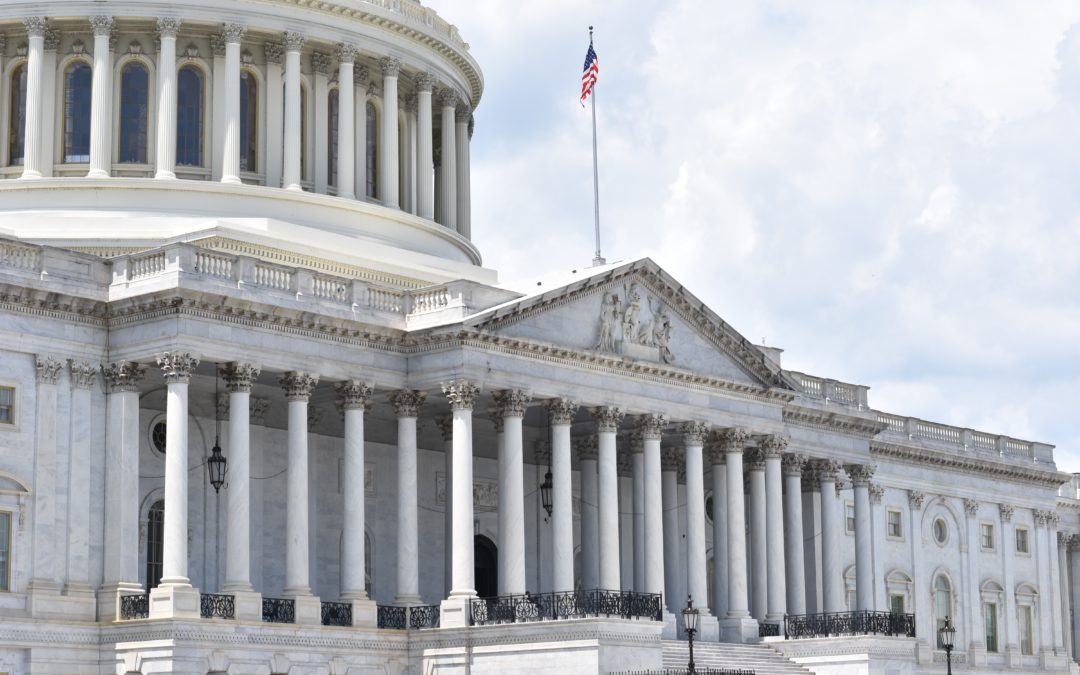In mid-March, Congress reauthorized the Violence Against Women Act (VAWA) as part of the Consolidated Appropriations Act of 2022, and President Biden signed it into law on March 16.
First passed by a bipartisan majority of Congress and signed into law by President Clinton in 1994, VAWA expanded legal tools to combat violence against women and provided protection for women who have experienced abuse. Despite its name, the Act protects all victims of domestic violence, regardless of their gender.
Since its passage in 1994, intimate partner violence against women declined 53 percent between 1993 and 2008, while violence against men decreased 54 percent. Between 1993 and 2007, femicide by intimate partners decreased 26 percent, and the rate of intimate partner homicides of men decreased by 36 percent. The total number of victims of intimate partner violence also declined, from nearly 2.1 million victims in 1994 to about 907,000 victims in 2010.
The 2022 reauthorization strengthens VAWA in many ways, including providing and increasing funding for VAWA grant programs until 2027, expanding special criminal jurisdiction of Tribal courts to reach non-Native perpetrators of violence, and increasing resources for underserved and marginalized communities—including for LGBTQ+ survivors. The reauthorization also adds new civil rights protections for victims of intimate partner violence that meet the needs of our increasingly digital world.
Sextortion has become a rising tactic of intimate partner violence—the proportion of people in the United States experiencing stalking, sexual harassment, and threats dramatically increased during the COVID-19 pandemic. Sextortion often takes the form of revenge porn, which is the distribution of sexual images or videos of someone without their consent, often perpetrated by current or former intimate partners. Until the current reauthorization of VAWA, legal protections for victims of revenge porn were weak or nonexistent.
Now, VAWA provides protections for victims of online abuse. According to Carrie Goldberg, a victims’ rights lawyer specializing in sexual privacy violations, the Act provides victims a civil rights remedy by establishing “a federal civil cause of action for individuals whose intimate visual images are disclosed without their consent, allowing a victim to recover damages and legal fees.” The Act also supports “State, Tribal, and local government efforts to prevent and prosecute cybercrimes, including cyberstalking and the nonconsensual distribution of intimate images.”
The VAWA reauthorization comes at a critical time for women experiencing intimate partner violence. Reports indicate domestic abuse and violence increased during lockdowns related to COVID-19. Violence against women is also on the rise as a result of increasing right-wing radicalization, particularly during and since Donald Trump’s rise in national politics. As social media has become ubiquitous in our everyday lives, women also experience more violence and harassment online than men. Women of color face unique barriers to accessing legal protection from intimate partner violence, like disproportionate criminalization, and disabled women face higher rates of abuse and sexual violence than people without disabilities.
Since the Act was first passed, it has been renewed and strengthened three previous times: in 2000, 2005, and 2013. Due to the federal government shutdown in 2018, the Act expired on December 21, 2018, and despite a short-term reinstatement, it expired again on February 15, 2019, during the Trump administration. Republicans in Congress opposed the bill because it included a provision that limits the ability to buy and own a firearm for those convicted of domestic abuse, assault, or stalking.
Although the Act has provided meaningful protection and support for survivors since its passage, the U.S. Supreme Court undercut the Act in United States v. Morrison (2000). The Court struck down VAWA’s civil rights remedy on two grounds. First, the Court held Congress could not claim authority under the Commerce Clause because crimes involving violence against women were not “economic” in nature. Second, the Court held that Congress also could not claim authority under the Fourteenth Amendment because the Act provided a remedy for the actions of individuals, not States. The Court based its decision on the need to preserve federalism by safeguarding State power from Congressional overreach, despite the fact that States overwhelmingly supported Congress’ action in passing VAWA.
The Supreme Court’s demonstrated willingness to undermine VAWA is some cause for concern, particularly as the Court’s conservatives take aim at civil rights statutes. This time, however, Congress grounded the civil rights remedy on a different constitutional provision than was challenged in Morrison: the Necessary and Proper Clause—Art. 1, Sec. 8, cl. 18.
Despite the Act’s potential vulnerability to the Supreme Court, that the Act reinstates protections for survivors of intimate partner violence demonstrates its necessity and public support, even in the United States’ polarized political climate.
“The expiration of VAWA three years ago put many lives in jeopardy,” Senate Majority Leader Chuck Schumer (D-NY) said in a statement to the New York Times. Schumer went on to call the Act “one of the most important laws passed by Congress in the last 30 years.”

